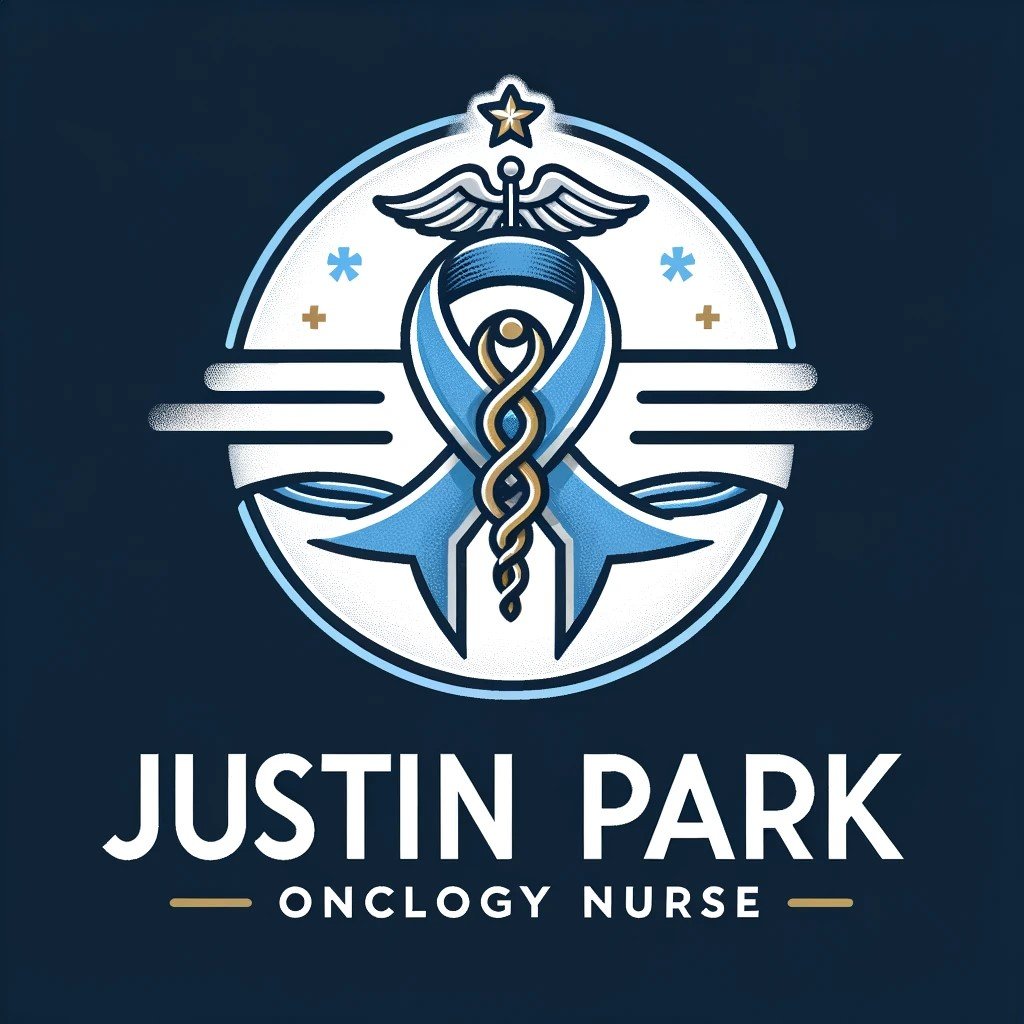NURS 332 The Growing Family
Purpose of Assignment: To examine a controversial or politically or publicly debated women's health, obstetric or neonatal issue and present both sides equally.
Student Approach to Assignment: When presented with a range of options for this assignment, I was excited to have an opportunity to write on a topic that I find exceptionally interesting: genetic testing and gene manipulation. The developments made over the last decade have drastically changed what is possible regarding the prevention of genetic diseases. However, as with any developing technology, there are a plethora of ethical implications that must be considered.
Reason for Inclusion of the Assignment in the Portfolio: I included this assignment in my p OKortfolio to showcase my ability to navigate and articulate complex ethical considerations in modern healthcare, particularly concerning genetic testing. This paper demonstrates my critical thinking skills, ethical reasoning, and ability to engage with sensitive and controversial topics. It shows my understanding of the nuanced implications of advancing healthcare technologies, their associated ethical implications, and how they impact human rights.
Outcome 19
Provides teaching to patients and/or professionals about health care procedures and technologies in preparation for and following nursing or medical interventions.
In this ethics paper, I discussed the complex nature of genetic testing and selection, providing education on the implications, benefits, and technology used. I covered how genetic testing is used in medical practice, such as screening for trisomy conditions and BRCA gene mutations, and the consequential ethical decisions individuals may face. This information serves as a foundation for teaching patients and professionals about the intricacies of genetic testing and the importance of informed decision-making regarding medical interventions.
Outcome 41
Apply principles of professional nursing ethics and human rights in patient care and professional situations.
In this paper, I explore the ethical implications of genetic testing and selection, addressing the balance between technological advancements, ethical considerations, and patient care. I emphasize the importance of informed consent, autonomy, and the right to non-discrimination, reflecting on how these principles must guide the application of technologies in health care. I discussed the potential socioeconomic disparities in access to genetic selection services, underscoring the need to uphold human rights standards and ensure equitable access to healthcare innovations.
